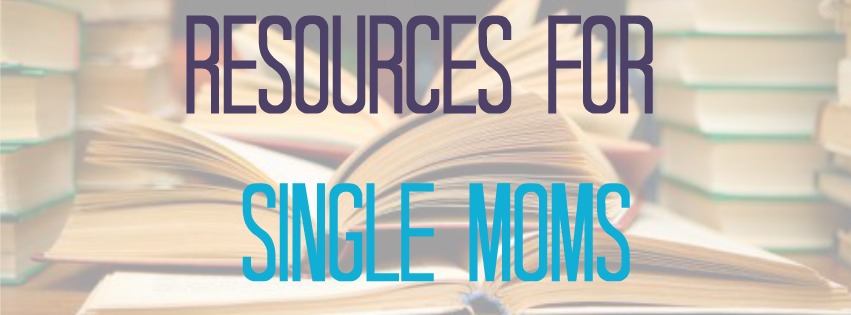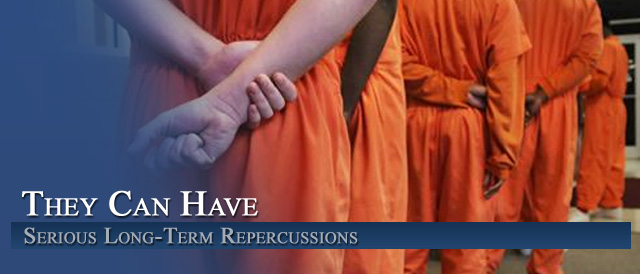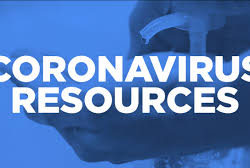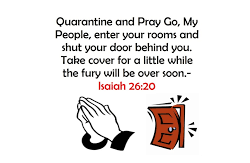Get Informed-Get involved Only you as a Parent can help defend, protect & intervene for your Young Adult or Teen. Do not assume they will be ok, do not assume it will teach them a lesson. Yes it will, but not through the Courts. You as a Parent can and should discipline your children for their wrong actions. It is your responsibility to get them on the right tract or back on the right path, seek programs and counseling, early intervention and such. This is their future if you do not get involved-Intervene, or even protect their rights if necessary they will suffer greatly for years to come.
Young Adults
Introduction to The Federal Court System, District Courts, Circuit Courts and The Supreme Court of the United States
- Criminal Justice Steps
- Investigation
- Charging
- Initial Hearing, Arraignment
- Discovery
- Plea Bargaining
- Preliminary Hearings
- Pre-Trial Motions
- Sentencing
- Appeal
Frequently Asked Questions – What are Federal Crimes ? Investigations and Violations of the law
Diversion Programs , this is a first time offender program it gives defendants a way to avoid criminal convictions
Department of Corrections:
is a Governmental Agency responsible for overseeing the incarceration of persons convicted of crimes within a particular jurisdiction
- Prisons
- Department of Juvenile Corrections
- Locations
- Probation & Parole Officers What are there duties
Find Your States Dept of Corrections Click Here
The Juvenile Court System
- Criminal Procedure in Juvenil Court:
- How do Juvenile Proceedings Differ from Adult Proceedings ?
- Juvenile Court Procedure
- Police Questioning of Minors
- What to Expect: Juvenile Court Chronology
Juvenile Delinquency What happens in a Juvenile case
- How Police Deal with Juveniles
- When cases go to Juvenile Court
- Informal and Formal Proceedings
Juvenile Crime
Most children have a mischievous streak, but sometimes it goes too far and crosses the line into criminal behavior. Since children don’t belong in a penitentiary with adults, and since children have a greater change of rehabilitation, there are special rules and procedures to handle juvenile crime. This section contains articles that describe the development of the juvenile justice system, give basic information about the implications of a juvenile conviction, and offer examples of the most common types of juvenile crimes.
What happens to minors who break Juvenile protection laws ? Click Here
Juvenile Delinquent Offenses
- Juveniles and Age, Offenses
- MIP: A Minor in Possession
- Minor Crime is a Major Ordeal
- Truancy (skipping school)
- violating city or county curfew
- underage possession and consumption of alcohol
- underage possession and use of tobacco
- running away
An MIP “Minor in Possession” is Serious Offense, here is why. If you are reading this and this is your Teens first offense they are now in the Courts System for the very first time. Every State has different Laws for handling MIP’s & it is important for you to know the laws in your State regarding these charges, make sure the police followed the laws and that your child broke the law. In most States your child will be put on probation for 1 yr. You think oh no big deal , well 1 yr is a long time in the teen age years while attending high school, chances are your teen could get another MIP ticket , Peer pressures in Jr High & High Schools are very real for teens today, High School last 4 yrs. If your teen gets another MIP or any kind of violation, your child is now in violation of probation and the outcome of that depends totally on the Judge.
Know Your Teens Legal Rights – You may be able to defend and fight the charge in court
Some of the Legal factors that a minor in possession defense attorney or you the parent can find out are
- Whether your child given the particular facts of your case, actually violated city or state law ?
- Whether the arresting police or law enforcement officer followed the law
- Whether your Teens conduct did or did not constitute a criminal violation
- Whether you have an affirmative defense to the MIP case.
Here is a Suggestion go to your Court house where the ticket, citation was issued, and the Court Appearance is requested. Ask the information desk for the Clerks office, this could vary depending on your city, ask him or her where you could look at a file for a pending court date. Most courts now have computers where you can enter a parties name and choose civil or criminal crime, and you would then get a file #number then ask the clerk to view the actual file its self, this is public property and free the only fee would be for making copies which you can request. this file will show you the actual police report, which will tell you all events that took place, The address it took place, hoe the police got involved, a complaint, a phone call what ? In some small town police have been known to crash a party after given a tip, get names and numbers of others involved, you can perhaps call their parents, you also have the ability to see if the officer followed legal procedures.
Check out your States Laws Click Here just click your State and find your States Constitution, Codes, Regulations, and Case law.
The burden is on the Defendant Click Here
Police Questioning of Minors Click Here
Constitutional Rights in Juvenile Cases Click Here Police officers must have probable cause to search a minor, your have a right to a phone call, The privilege against self-incrimination, means can not be forced to testify against him or herself, Right to have charges proved beyond a reasonable doubt.
Juvenile Court Sentencing Options Click Here
Failing to comply with a condition of a Probation can land you in Jail
Probation what is it & and the FAQ
Probation Violation the laws vary State to State, a violation occurs when you ignore, avoid , refuse, or otherwise break the terms or conditions of your probation at any time during the probation period, typically 1-3 yrs. NOT APPEARING DURING A SCHEDULED COURT HEARING, Could you go to JAIL ?





